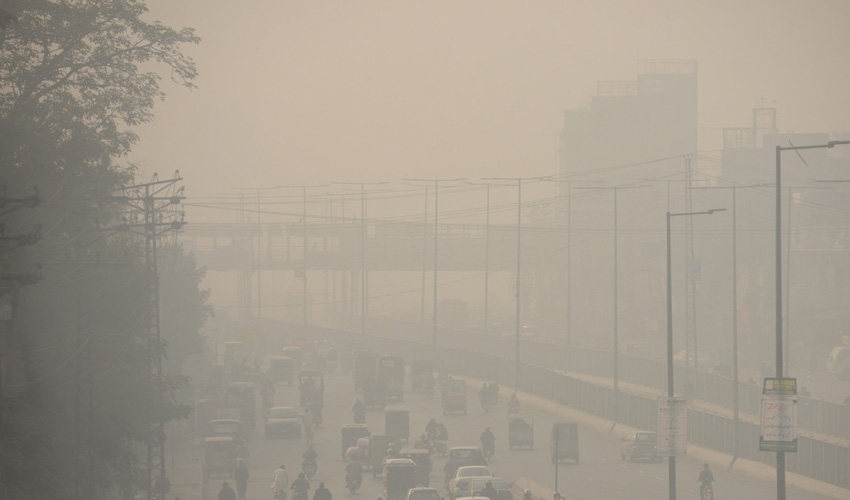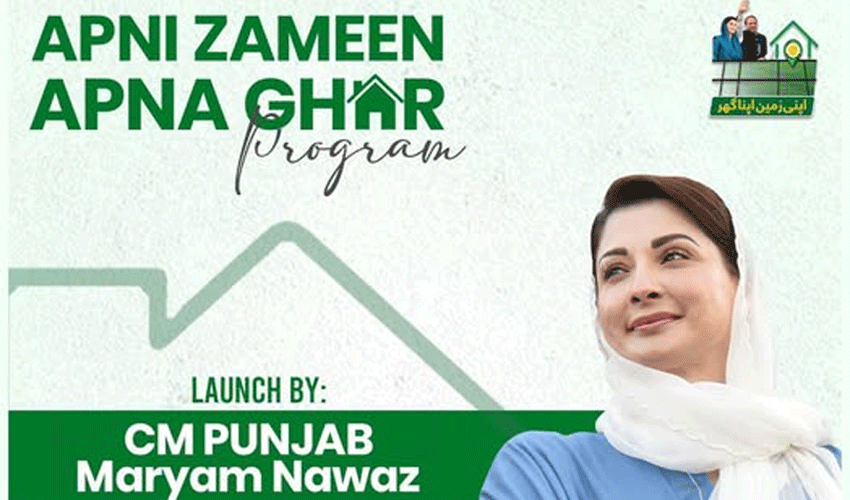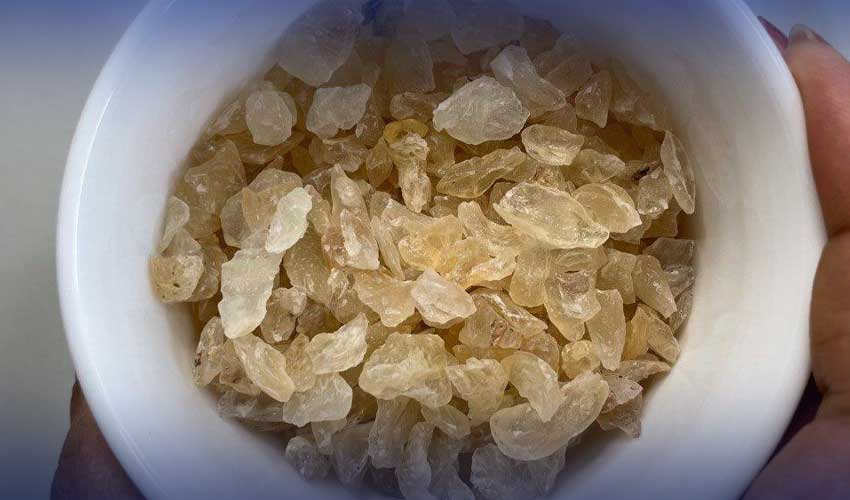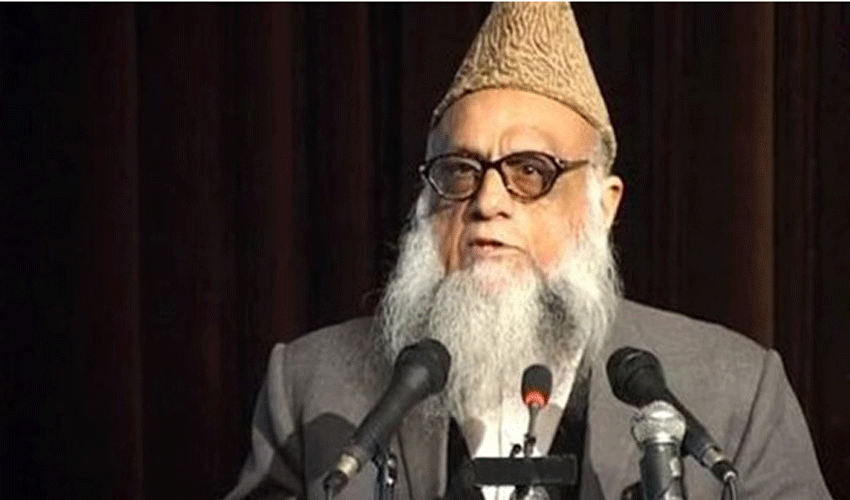The authorities in Nankana Sahib have launched a strict crackdown on individuals responsible for environmental pollution.
Section 144 has been imposed across the district for 30 days, prohibiting activities that contribute to the worsening air quality, including burning agricultural residue.
To enforce these measures, local authorities have registered FIRs against those found setting fire to paddy residue, a major contributor to smog. Offenders are facing heavy fines, with penalties reaching up to 2 million rupees.
The district administration has committed to eradicating practices that exacerbate smog, aiming to improve air quality for residents.
The crackdown is part of a broader effort to address pollution sources as the region battles escalating environmental challenges.
Smog in Multan
The city of Multan and surrounding areas in South Punjab are grappling with an unprecedented increase in smog, pushing the region’s air quality to hazardous levels.
Multan's Air Quality Index (AQI) has reached a concerning 648, far surpassing safe limits and posing severe health risks to residents.
The sustained rise in smog across South Punjab is attributed to a combination of weather patterns and pollution sources, which have exacerbated air quality in the region.
Health experts are warning residents to take necessary precautions, as prolonged exposure to high pollution levels can lead to respiratory and cardiovascular complications.
Local authorities are closely monitoring the situation and may implement additional measures to mitigate the impact of the smog crisis as conditions remain critical.



























